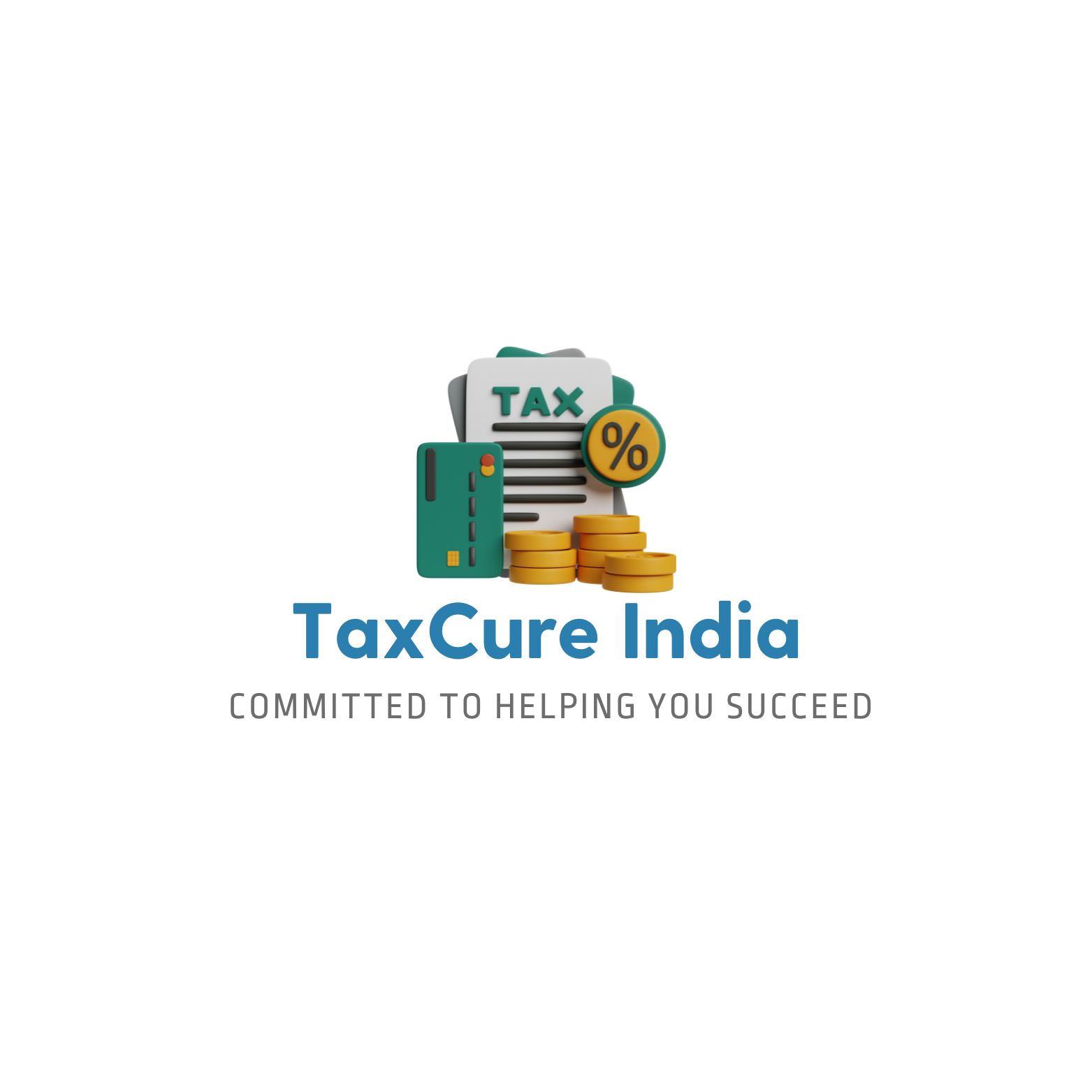The Direct Tax Vivad Se Vishwas Scheme 2024 (DTVSV 2024) is an initiative by the Indian government to expedite the resolution of pending income tax disputes. Announced in the Union Budget 2024-25 by Finance Minister Nirmala Sitharaman, the scheme became effective on October 1, 2024. It offers taxpayers the opportunity to settle ongoing disputes by paying a specified amount, often less than the original disputed sum, in exchange for a full and final settlement.
Key Features of Direct Tax Vivad se Vishwas Scheme, 2024 update
- Effective Date: The scheme commenced on October 1, 2024.
- Appellant Categories: Introduces “new appellants” (those who became appellants after January 31, 2020) and “old appellants” (those who were appellants on or before January 31, 2020). This distinction allows for tailored settlement amounts.
- Time-bound Incentives: Taxpayers who file their declarations by December 31, 2024, benefit from reduced settlement amounts compared to those who file later.
- Comprehensive Coverage: The scheme addresses various types of tax disputes, including disputed tax, penalties, interest, and fees. It covers disputes pending before multiple appellate forums, such as the Commissioner (Appeals), Income Tax Appellate Tribunal (ITAT), High Courts, and the Supreme Court.
- Exclusions: Certain cases are excluded from the scheme, including those involving undisclosed foreign income or assets, disputes based on information from foreign jurisdictions, and cases where taxpayers are convicted under laws like the Prevention of Money Laundering Act or the Benami Property Transactions Act.
Also Read :- Top 10 Tax-Saving Tips for AY 2025-26
Implementation Process of Direct Tax Vivad se Vishwas Scheme, 2024 update
The Central Board of Direct Taxes (CBDT) has introduced four specific forms to facilitate the scheme’s implementation
- Form-1: Declaration and Undertaking by the Declarant.
- Form-2: Certificate issued by the Designated Authority.
- Form-3: Intimation of Payment by the Declarant.
- Form-4: Order for Full and Final Settlement of Tax Arrears.
Forms 1 and 3 must be filed electronically through the Income Tax Department’s e-filing portal.
Recent Update of Direct Tax Vivad se Vishwas Scheme
The government has extended the deadline for taxpayers participating in the Vivad Se Vishwas scheme. Initially set for December 31, 2024, the new deadline is now January 31, 2025. This extension provides taxpayers additional time to determine and pay the amount payable under the scheme.
On January 20, 2025, the Central Board of Direct Taxes (CBDT) issued Notification No. 8/2025 to address specific challenges encountered during the implementation of the Direct Tax Vivad Se Vishwas Scheme, 2024 (DTVSVS 2024)
Context of the Notification
The notification aims to clarify the scheme’s applicability in situations where
- An order was passed on or before July 22, 2024.
- The time to file an appeal against such an order was still available as of that date.
- The appeal was filed after July 22, 2024, but within the permissible time frame.
- The appeal was submitted without any delay, eliminating the need for a condonation application.
Key Clarifications Provided
The notification specifies that in the aforementioned scenarios
- The appeal will be considered as pending as of July 22, 2024, for the purposes of DTVSVS 2024.
- The individual or entity will be recognized as an appellant under the scheme.
- The disputed tax will be calculated based on the details of such an appeal.
- All relevant provisions and rules of DTVSVS 2024 will be applicable accordingly.
This clarification ensures that taxpayers who filed timely appeals after July 22, 2024, without any delay, can benefit from the provisions of the Vivad Se Vishwas Scheme, thereby promoting efficient resolution of tax disputes.
Conclusion
The Direct Tax Vivad se Vishwas Scheme 2024 scheme represents a significant effort by the Indian government to resolve tax disputes efficiently. By offering differentiated treatment, time-bound incentives, and a structured implementation process, it aims to encourage quick and effective resolution of tax disputes. Taxpayers should carefully assess their individual situations and consider seeking professional advice to make informed decisions about participating in the scheme.

